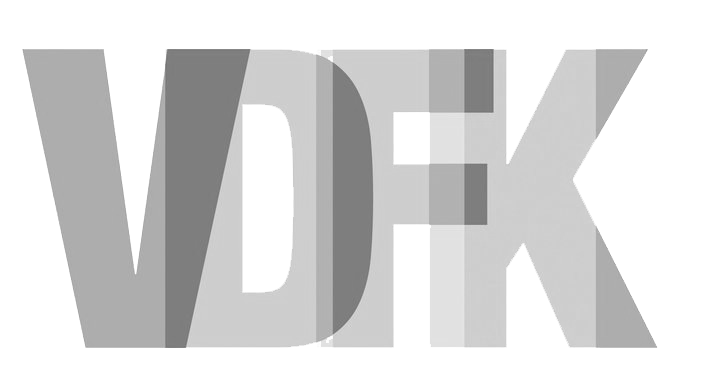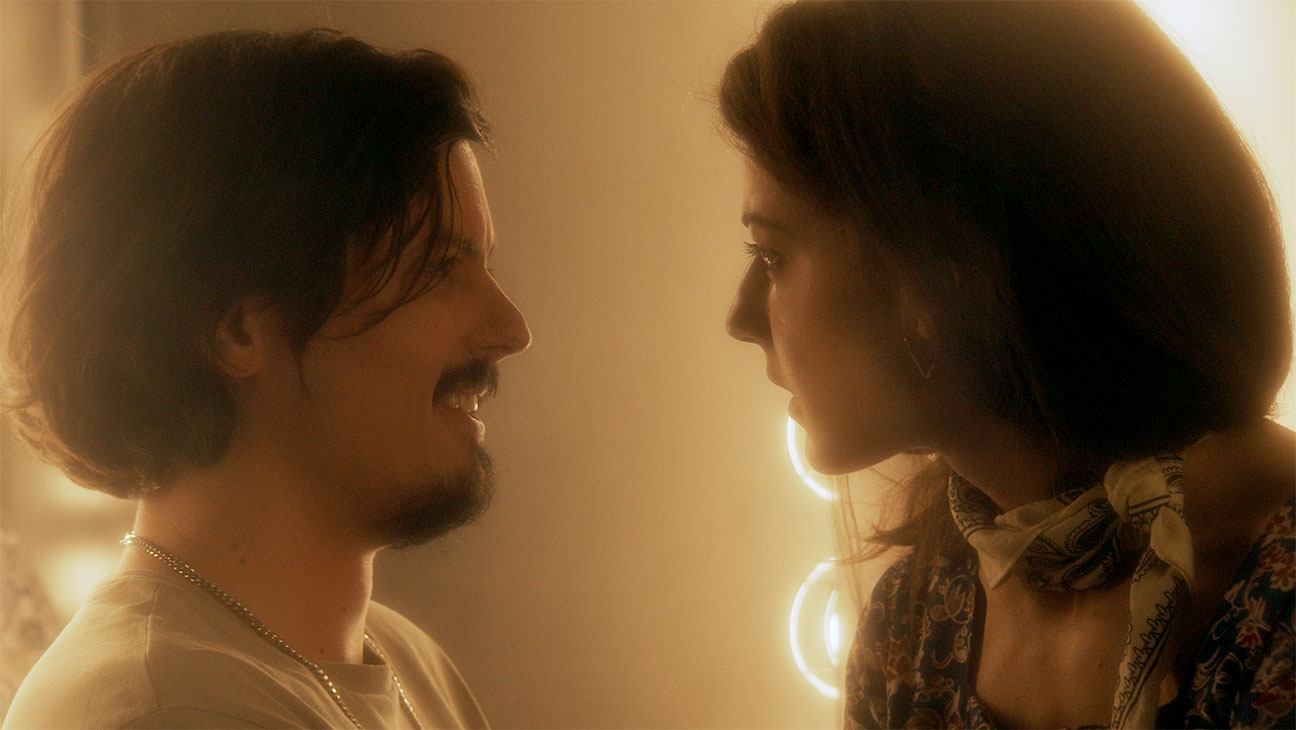Blog #4/19 - Invention in Privilege
by Ela Bittencourt
The third encounter of Woche der Kritik, entitled, “Invention with Benefits,” and moderated by film critic Elena Meilicke, with participating filmmakers Nathan Silver, Lucia Margarita Bauer, and Sara Fattahi, revolved around a loaded motto, “Privilege in storytelling, and invention in privilege.” It is difficult to use the word “privilege” without being reminded of the power structures that underlie film industry, and of which large film festivals, like Berlinale, are an obvious case. It is no coincidence that in the age of #MeToo, as festivals are scrambling to make up for embarrassing gender inequalities, the Festival’s Retrospective focuses on women. In Latin American countries, where I spend most of my time these past four years, questions of privilege come up frequently, in agonizing debates that take up the issues of women, black and indigenous filmmakers not having nearly the access to resources as their white male counterparts (coincidentally, there is also a small focus at Berlinale this year on indigenous filmmaking).

What to make of privilege then, in the context of the three filmmakers present at the debate? The session exhibited two films, The Great Pretender by Silver, and Maman, maman, maman, by Bauer. Silver is an interesting filmmaker to think of privilege, since his films are so delightfully self-indulgent, and yet so modest. Silver’s working method as director epitomizes the idea that yes, you can be excessive, and yes, you can do anything you want—explore your privilege of creating to the fullest—as long as you do it on a shoestring budget. Take the shooting time of The Great Pretender, which as Silver told us during the debate, lasted merely 14 days, and confirms that, while his budgets may have gotten bigger, Silver continues to work pretty much in the same sparing mode. Even what comes as willful crossing over between fact and fiction—the fact that Silver himself acted in his early work, and his character was called Nathan—turns out to be a dictum of necessity. His mother kept referring to him as Nathan, rather than the character’s name, so they just switched it. Same goes for fluid, improvisational style, for which Silver has become known; when his mother couldn’t remember the lines or blocking, Silver just went with the flow.
The Great Pretender adds some complexity to the idea of privilege: Silver has been working at his craft for years now, and it seems like the bare-bones approach has exhausted itself. “I’m bored with naturalistic movies,” Silver said during the debate. Indeed, his last two films, Thirst Street and The Great Pretender, demonstrate much more control. Sean Price Williams did cinematography for both, and image takes central place. In The Great Pretender, a film which on the surface could have been one more cameral drama from Silver, and which, like his previous films, centers on familiar themes of hopeless love and failed relationships, the cinematography adds a layer of immediate artificiality. The film is divided into four voices, as protagonists keep falling in love with the wrong person, and end up in a loveless, frustrated quartet. “We looked at French filmmakers who filmed in New York, and so we saw soft porn films.” But when Silver’s crew couldn’t afford color filters, they found some plastic that glittered, and stuck it onto the lens. Voilá. A rather New York metaphor for what privilege in the arts looks like these days.

Privilege was a somewhat more loaded term in the case of Bauer, whose film actually centers on a French-German family estate, a picturesque, picaresque tale of fourteen generations gathering each year in their lovely sprawling villa. Maman, maman, maman, actually has a lot to say about privilege, and it’s a pity that we couldn’t get to the meat of it during the discussion. Bauer herself defined “privilege” as being able to work with one’s family, since, she added, “family and love are work.” If anything, the short film reminds us that women can be somehow enthroned yet spectral. Take Maman who, when we meet her, is a grandmother in advanced age, short of hearing, and appearing quite distracted. Is there a story to be told about her life, beyond an extension of property, status and wealth?
Bauer stages her film as an unlikely bourgeois comedy—there is a lovely bit when Maman dies, and the entire family makes a long trip with the casket, having to open it up, deal with paperwork, and so on, whose mortifications and dark humor are straight out of Faulkner’s As I Lay Dying. In another sequence, Bauer satirizes the upper class’s attitudes towards their workers, using the family footage to weave a mysterious, pseudo-crime tale, about strange occurrences on the estate, and the suspicions cast at the gardener. It is all rather sly, and Bauer’s method—of gleaning, weaving, artisanally stitching images—is in itself a work that harks back to women’s housework, and to the idea of crafting a narrative from small details, a kind of history from below.

Finally, Fattahi, whose films were not shown, added that it is difficult to speak of privilege, in the context of her immigration from Syria to Vienna, not having seen her family in over four years. Is self-exile a privilege? Although she feels blessed, for sure, in having her mother and grandmother immortalized in her work, a sense of home away from home. Fattahi’s latest film, Chaos, which won a prize at the Locarno Film Festival, doesn’t capture her family, but rather muses on the nature of violence in distinct geographic locations. In a way, Fattahi’s intense, intimate film, whose three women are captives in the claustrophobic traumatic nightmares that bleed into their reality, and which shut them out from the world, goes against the very idea that willful insistence on thinking and feeling, on trying to touch the wounds, through art, is a privilege in the hands of the very few.

